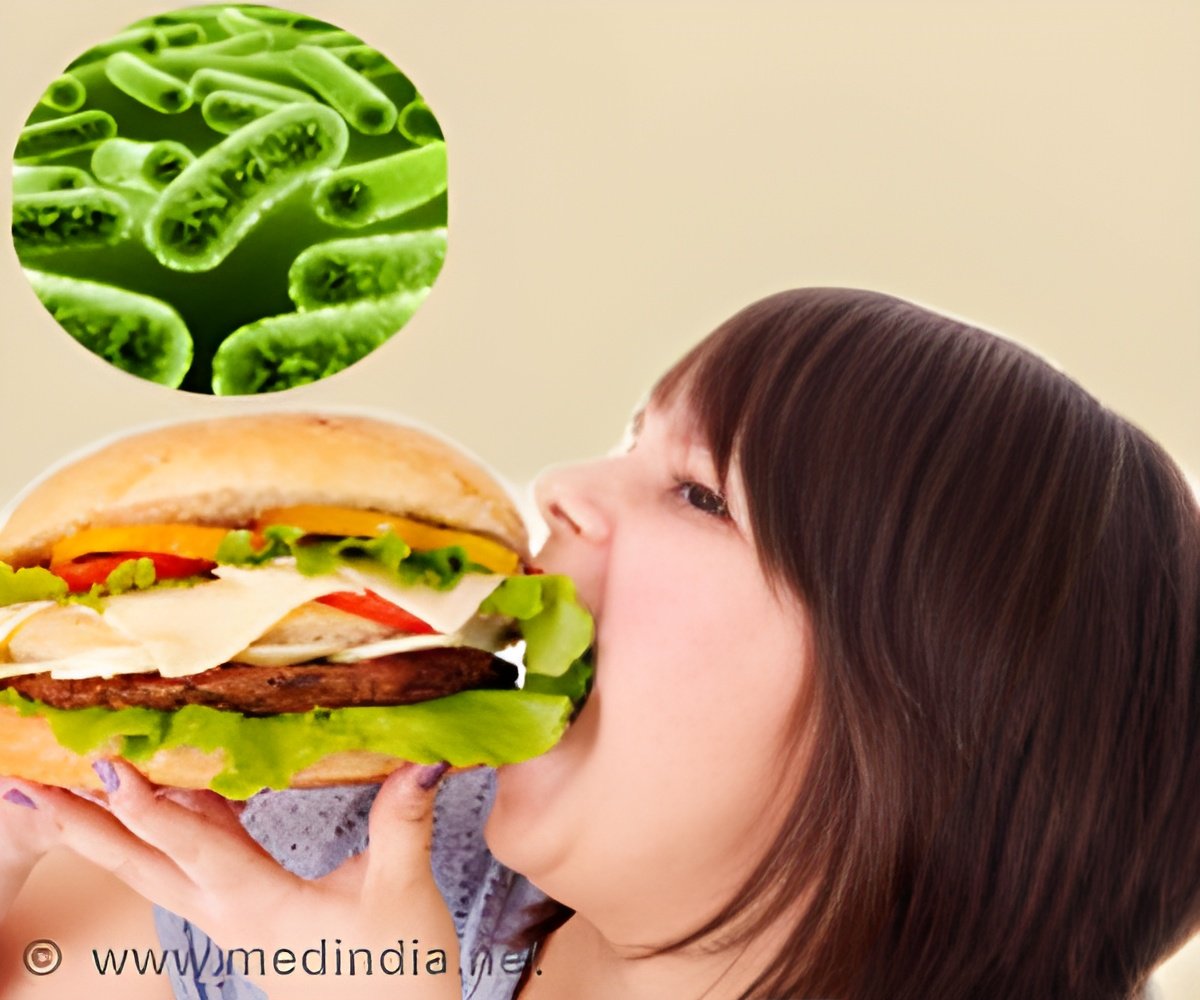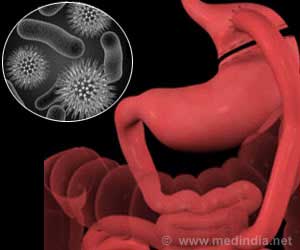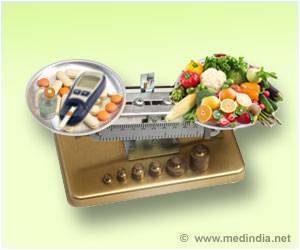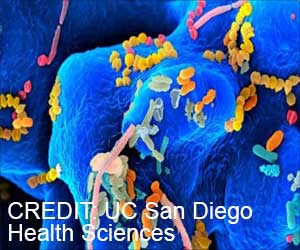Gut microbes send signals to the brain once it is full. This signal can play a very important role in determining the amount of food consumed by a person.

Humans have about 70% of microbes in their colon. Gut microbes especially E.coli play a very important role in digestion. A team of researchers led by Dr. Serguei Fetissova at the Rouen University in France analyzed samples of protein produced by E.coli before and after a meal.
Researchers found that after a period of 20 minutes when a person eats, E.coli bacteria started to produce a set of proteins which triggered a hormone to send signals to the brain for food termination.
The protein samples were tested on mice before and after a meal. After the mice were fed for a period of 20 minutes, the scientists induced this protein into the mice which immediately triggered a hormone to send signals for the mice to stop eating.
They found that the E.coli bacteria triggered the production of the post-meal hormones GLP-1 and PYY. ClpB, a bacterial protein mimetic of α-MSH, was upregulated in the E. coli stationary phase. This influence the host to stop eating and also determines the host satiety.
"We will continue to look into the mechanism of how that bacteria can regulate appetite, particularly in people who are obese or who suffer from binge-eating disorders. And if we find some involvement, I hope we can also treat these conditions." Fetissov said.
Advertisement
Source-Medindia














